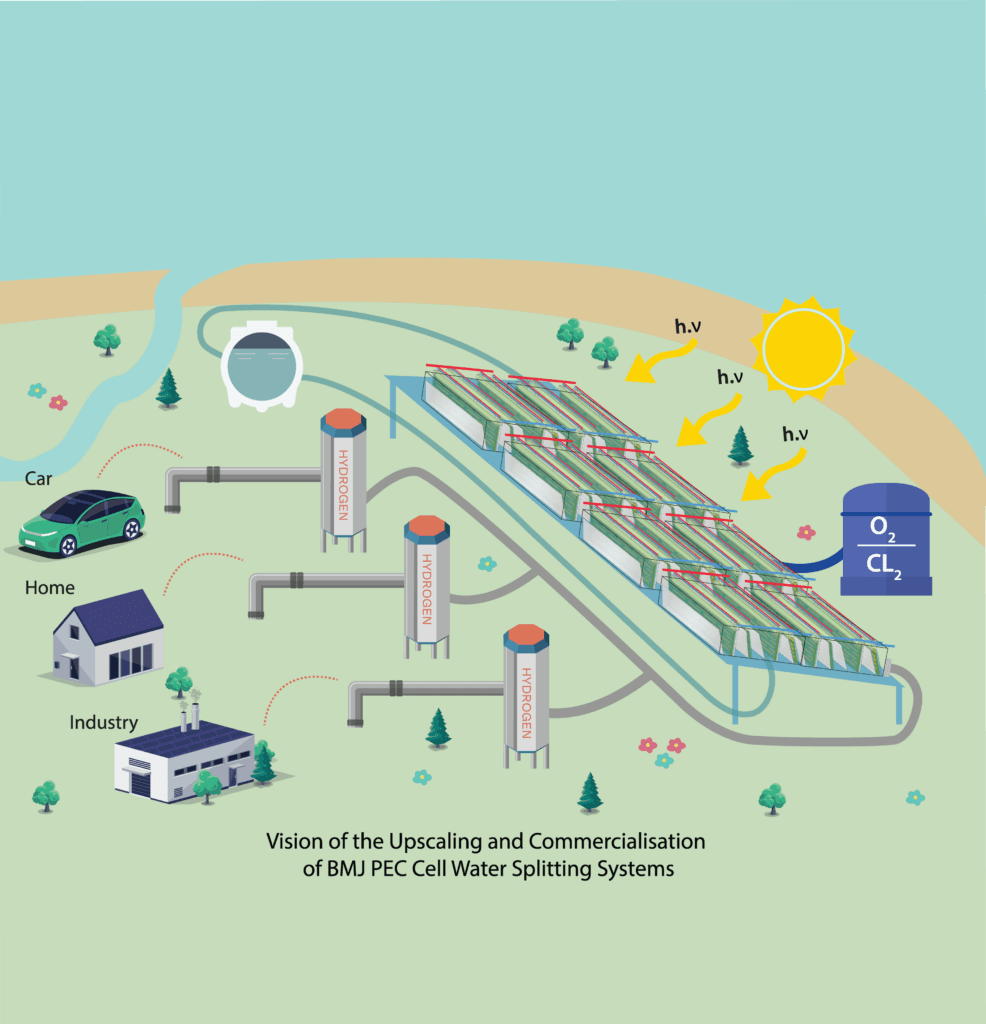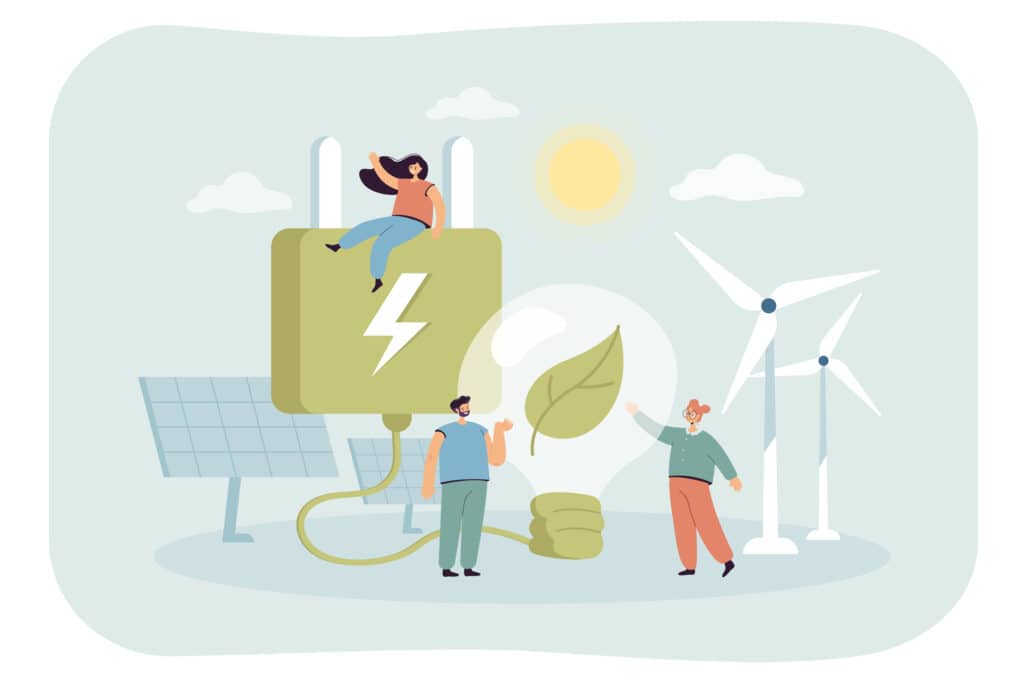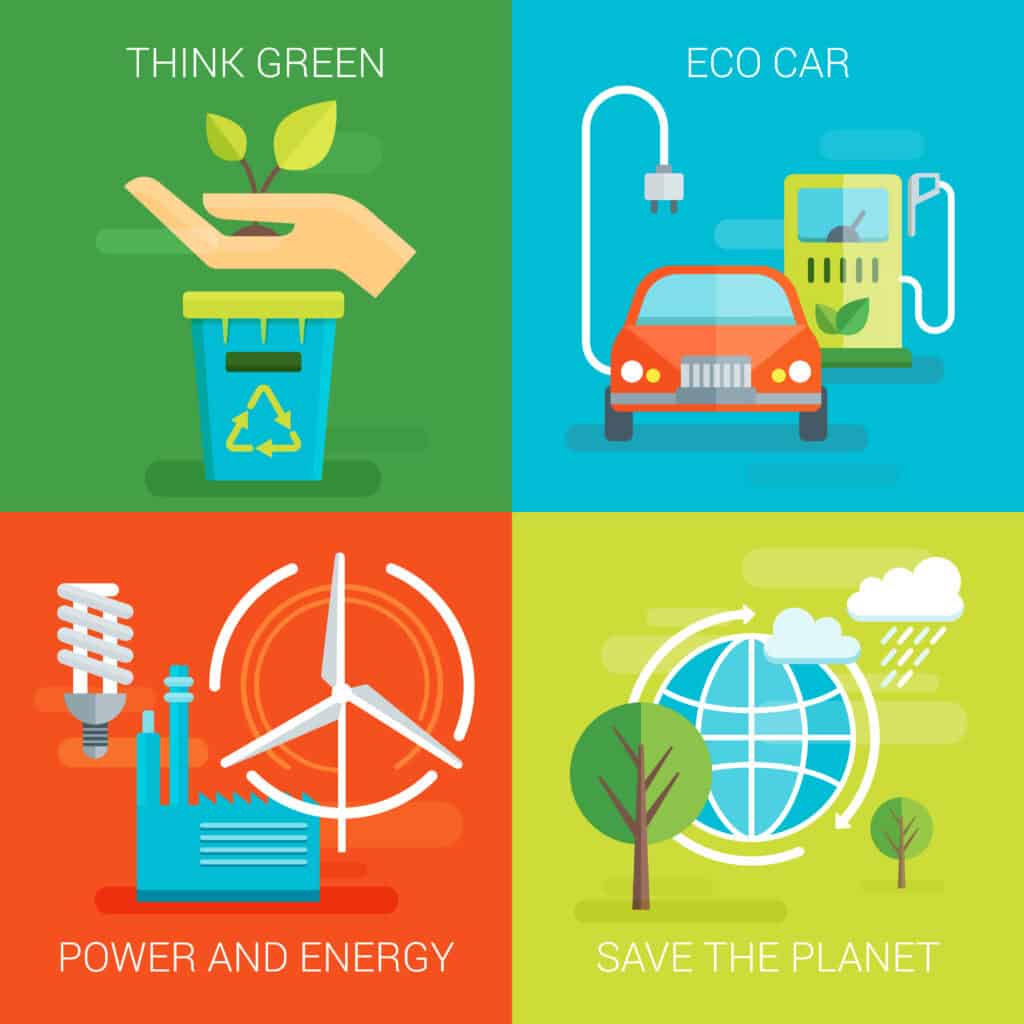In Part 1, we explored why current green hydrogen strategies fall short in delivering affordable, scalable solutions. FreeHydroCells is stepping up with a new model — one that places communities, sustainability, and affordability at the centre.
The FreeHydroCells Advantage
FreeHydroCells isn’t just another green hydrogen initiative – it’s a bold step forward in innovation. Here’s what sets it apart:
-
- Sustainability at its core: Traditional electrolysers often rely on rare or critical raw materials, which are expensive and environmentally taxing to extract. FreeHydroCells breaks this mould by designing novel photoelectrochemical-based systems without these materials, making them more sustainable, less costly and ultimately adaptable to replace traditional electrolysers with a low power alternative technology.
-
- Affordable and sustainable energy: By cutting out expensive and rare components, FreeHydroCells has the potential to lead the way to a cost-effective, local, sustainable solution for green hydrogen production – a critical factor for widespread adoption to be effective against climate change.
-
- Empowering local communities: Imagine small towns or villages producing their own green hydrogen, storing it locally, and using it as they see fit within their community. FreeHydroCells aims to enable decentralised and distributed energy production, reducing reliance on large-scale infrastructure, distribution networks and transportation technologies and their related costs while fostering energy independence.
-
- Energy security redefined: With localised distributed production comes increased security and resilience – communities could potentially have reliable access to clean energy without worrying about weather events, external disruptions or dependence in costly interventions.
-
- Distributed production and storage: FreeHydroCells’ vision is of a distributed, viable and safe clean energy production and storage modular system providing green hydrogen fuel locally that is low-cost affordable, efficient and can be operated by the local community through the transfer of skills for modular maintenance and repair.

A potential solution for two global challenges
The highlight of FreeHydroCells isn’t just its technology innovation objectives; it’s about tackling two of the most pressing issues of our time: climate change and energy poverty/affordability.
Fighting climate change
The urgency of the climate crisis cannot be overstated, and FreeHydroCells offers hope through:
-
- Zero emissions: By eliminating CO₂ emissions by using green hydrogen fuel instead of fossil fuels, this technology could directly contribute to reducing global carbon footprints.
-
- Enabling renewables: Green hydrogen fuel from renewable sources like wind and solar provides energy efficiency and a mechanism for energy storage for later use as needed, something wind and solar cannot provide on their own.
-
- Decentralised energy systems: Producing, storing and using energy locally in a highly distributed manner would largely eliminate the need for very costly and unproven transportation and distribution infrastructures, increasing local energy security, energy resilience, reducing dependency on the national energy grid networks and the external fossil fuel supply networks, and maintaining the low cost of clean energy, and ultimately creating a strong driving force to use the technology to eliminate the significant emissions that are damaging our planet’s atmosphere.

Combating energy poverty through affordability, efficiency and distributed access
For millions worldwide, access to affordable, reliable, clean energy remains an elusive dream, and this drives a necessity to use fossil fuel energy sources when available, and in many cases they are not. If we want real climate action and real benefit to all, we must provide a low-cost affordable, efficient, sustainable and locally accessible clean energy source that offers a truly viable alternative to fossil fuels when available, and also offer a solution when energy sources are scarce locally. FreeHydroCells could contribute to this by:
-
- Empowering all communities: With its cost-effective approach, even remote and/or economically disadvantaged areas can harness green hydrogen for their energy needs.
-
- Creating local resilience and sustainability: Decentralised clean energy production stimulates local communities through job creation in clean energy production manufacturing, storage, and maintenance sectors.
-
- Reducing energy costs: Communities generating their own clean energy can bypass expensive grid energy costs and transportation fees, making power more affordable for all while at the same time contributing to reducing the damage to our environment.
Challenges and Opportunities
No innovation comes without hurdles, and FreeHydroCells is no exception. The project faces numerous bottleneck technical challenges to overcome that must be addressed for it to be a success. Assuming the technology is successful, the big challenge then is preparing the public and influencing policy towards what would be an upscaling of a very new experience for communities – ownership and use of a distributed green hydrogen fuel production and storage modular system at the scale needed for each community household, village, townland, and town and city districts. For such a vision, the following are essential:
-
- Policy alignment: Governments will be requested to prioritise supportive frameworks for green hydrogen adoption and deployment, thereby advancing a disruptive strategy to advancing fossil fuel alternatives for a faster and more direct transition to renewable energy green fuels.
-
- Scaling up technology: Ensuring that FreeHydroCells’ technologies are user-friendly and scalable is essential for widespread use. The technologies are developed to be modular in nature, which can be refined by optimisation at a later date prior to upscaling. The number of interconnected modules in any one location could then be aligned to the population/industrial energy needs in that location.
-
- Public awareness: Educating communities about the benefits of a distributed green hydrogen system for their local operation and use will be key to overcoming uncertainties and reservations given the significant societal change that would be associated with the technology deployment. Training will be essential, as will be the safe practice of producing, storing, handling and using green hydrogen fuel.
Despite these challenges, the opportunities are significant in terms of cost-reduction, energy efficiency, local enablement and resilience, and reduced dependencies on the electrical grid and other fossil fuel hydrocarbon networks. With supportive policies, collaboration with industrial players, and a growing appetite for sustainable solutions, FreeHydroCells is well-positioned to drive positive change.

Looking Ahead with Optimism
The FreeHydroCells project represents more than just technological innovation – it’s a practical symbol of hope in our collective action against climate change and providing low-cost, clean energy to all regardless of location and social status. Such is the ethos of FreeHydroCells, as a lesser ambition would not be effective in influencing society’s transition to rapidly and drastically reduce fossil fuel emissions. While the technologies of the FreeHydroCells project are still under development to verify proof of concept, the implications of its success are undeniable: a future where clean energy is accessible to all, where all communities could be resilient and reinvigorated with clean energy ownership, and where our planet breathes easier.
Finally, if we want to realistically stop the pollution of our atmosphere rapidly, we need policy makers to support and fund significantly more novel disruptive science-to-technology, green-focused ideas like those in FreeHydroCells. A high risk of failure comes with all bold ideas, and it should not be an impediment to the exploration, as success even in a single case may bring high reward impact for our communities and for the health of our planet.
FreeHydroCells is more than a technology project – it’s a statement of what’s possible when bold ideas meet urgent global challenges. If even one such innovation succeeds, it could transform our communities and give our planet the breathing room it desperately needs.
You may also be interested in our summary report from the FreeHydroCells Civic Engagement Workshop that took place in January 2025.
